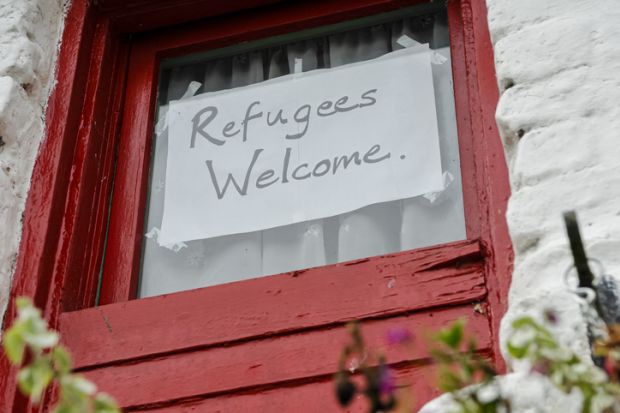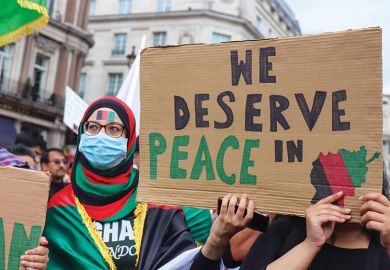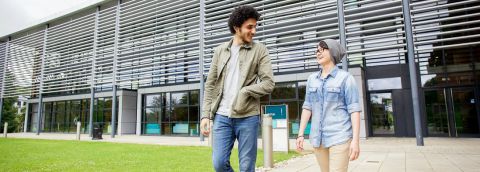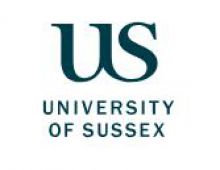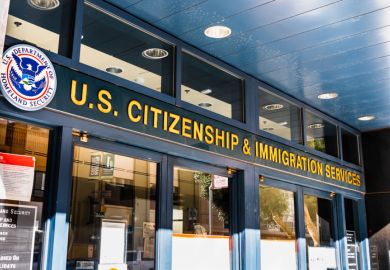British universities are offering unprecedented levels of support to scholars and students caught up in the humanitarian crisis in Afghanistan.
The University of Sussex has launched the Sussex Fund Afghan Appeal to provide counselling, clothing and material support to 12 new and returning students keen to continue their education there. These include nine coming to attend the university’s Institute of Development Studies (IDS) under the UK government’s Chevening Scholarships scheme, who were only allowed to take up their places after a last-minute intervention by prime minister Boris Johnson.
Five Afghan students have already reached Sussex’s Falmer campus. One of them is Naimatullah Zafary, who has described his dramatic escape from Kabul in blogs for Sussex and the Higher Education Policy Institute.
After working in Afghanistan and concluding that “development and public policies were Kabul-centric and on-the-ground realities were not reflected in official strategies”, he explains, he had secured a Chevening Scholarship to study for an MA in governance, development and public policy at the IDS. He had also secured a Home Office permit to bring his wife, parents, four children, young brother and unmarried sister with him.
On reaching the designated hotel near Kabul airport, however, Mr Zafary found “more than 15,000 Afghans waiting under the burning sun”. It was only when “about 36 people – all Cheveners and dependents – made a human chain of our hands with men and younger people on the outside and, within the circle, the women, children and elderly” that they were able to push their way slowly through the crowd. Eventually, they managed to reach “the point where British soldiers could stretch out their hands to us and pull us out of the pool [in which they were clustered] – the same one that two days later would be filled with the blood of the victims of the airport blast that killed soldiers and Afghans alike”.
Meanwhile, the Council for At-Risk Academics (Cara) – originally set up in 1933 as the Academic Assistance Council to help scholars under threat from the Nazis – is trying to rescue more than 150 Afghan academics, most of them currently in hiding or seeking temporary refuge in neighbouring countries. The first has already arrived with his family to complete a PhD in sociology at a leading university.
“It is almost impossible to imagine how academics in Afghanistan must feel when they realise that the research they have done with good colleagues in Western universities may now be seen as reason enough to hunt them down and kill them, and for university women to be forced back into second-class status,” said Cara’s executive director, Stephen Wordsworth.
Yet he was “not at all surprised, but still immensely grateful, to see so many UK universities coming forward with offers of places and funding”. With more than 30 British institutions already involved, Cara described this as “the greatest offer of support pledged by universities over such a short period for many years”.
Register to continue
Why register?
- Registration is free and only takes a moment
- Once registered, you can read 3 articles a month
- Sign up for our newsletter
Subscribe
Or subscribe for unlimited access to:
- Unlimited access to news, views, insights & reviews
- Digital editions
- Digital access to THE’s university and college rankings analysis
Already registered or a current subscriber? Login
